RALEIGH – Intellectual property (IP) laws were originally drafted for tangible objects. 3D printing technology, which digitizes objects and offers manufacturing capacity to any individual or company, is disrupting these laws and their underlying policies as a result.
.
Campbell Law Professor Lucas S. Osborn ’s new book examines these issues raised by 3D printing as it relates to intellectual property (IP) law and the major IP systems worldwide and provides possible solutions. Published by Cambridge University Press, Osborn’s first book or scholarly monograph, “3D Printing and Intellectual Property,” was released Sept. 5, 2019. The book is available on Amazon . “I’m extremely excited to have this book coming out – it was such a fun and engaging project,” Osborn says. “3D printing technology continues to progress at a rapid pace, and it will bring relentless pressure on intellectual property laws. This book sorts through those pressure points and offers […]
Case Study: How PepsiCo achieved 96% cost savings on tooling with 3D Printing Technology
Above: PepsiCo food, snack, and beverage product line-up/Source: PepsiCo PepsiCo turned to tooling with 3D printing...



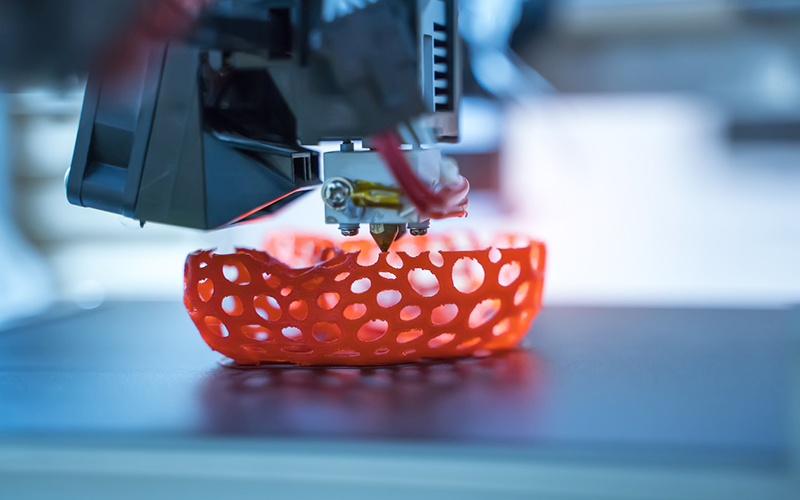

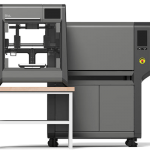
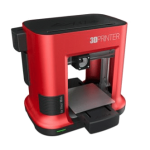

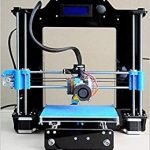
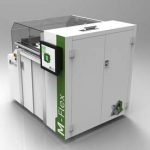










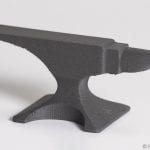









0 Comments